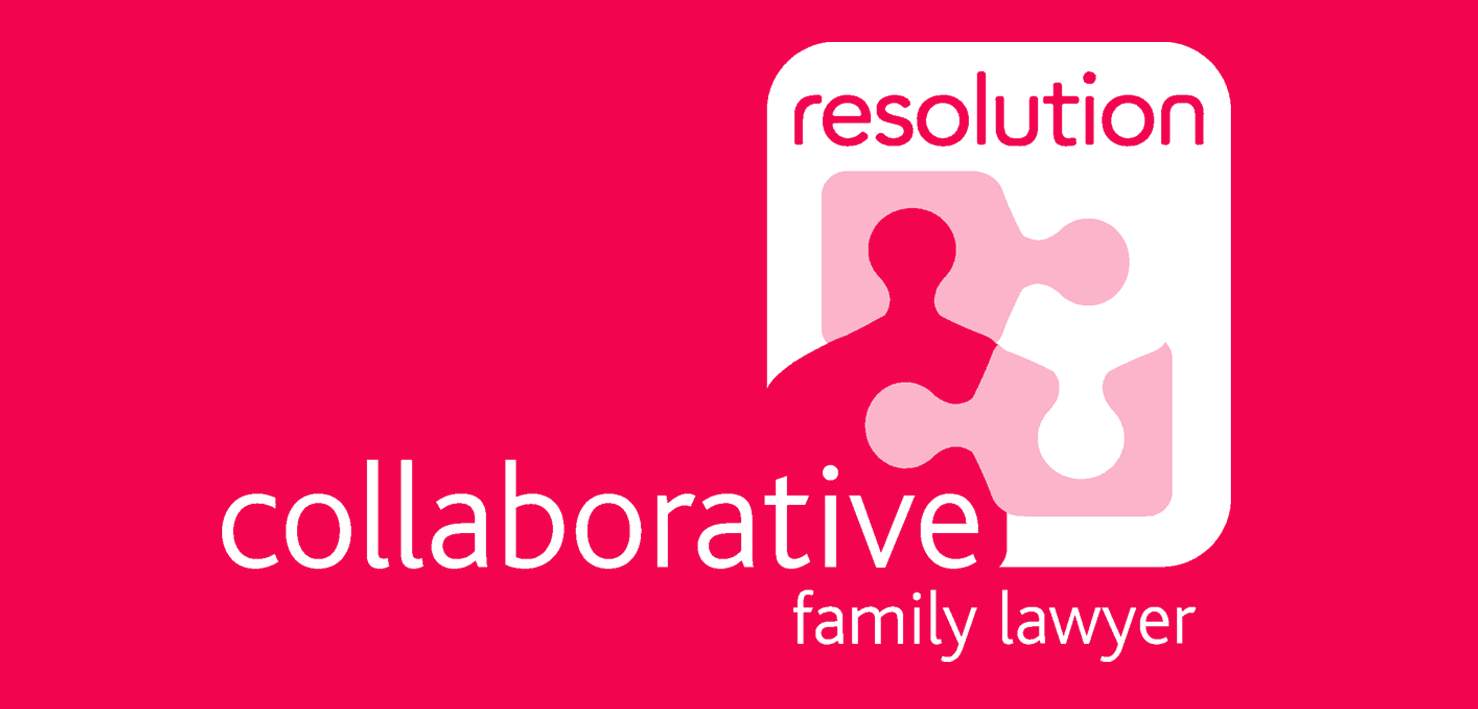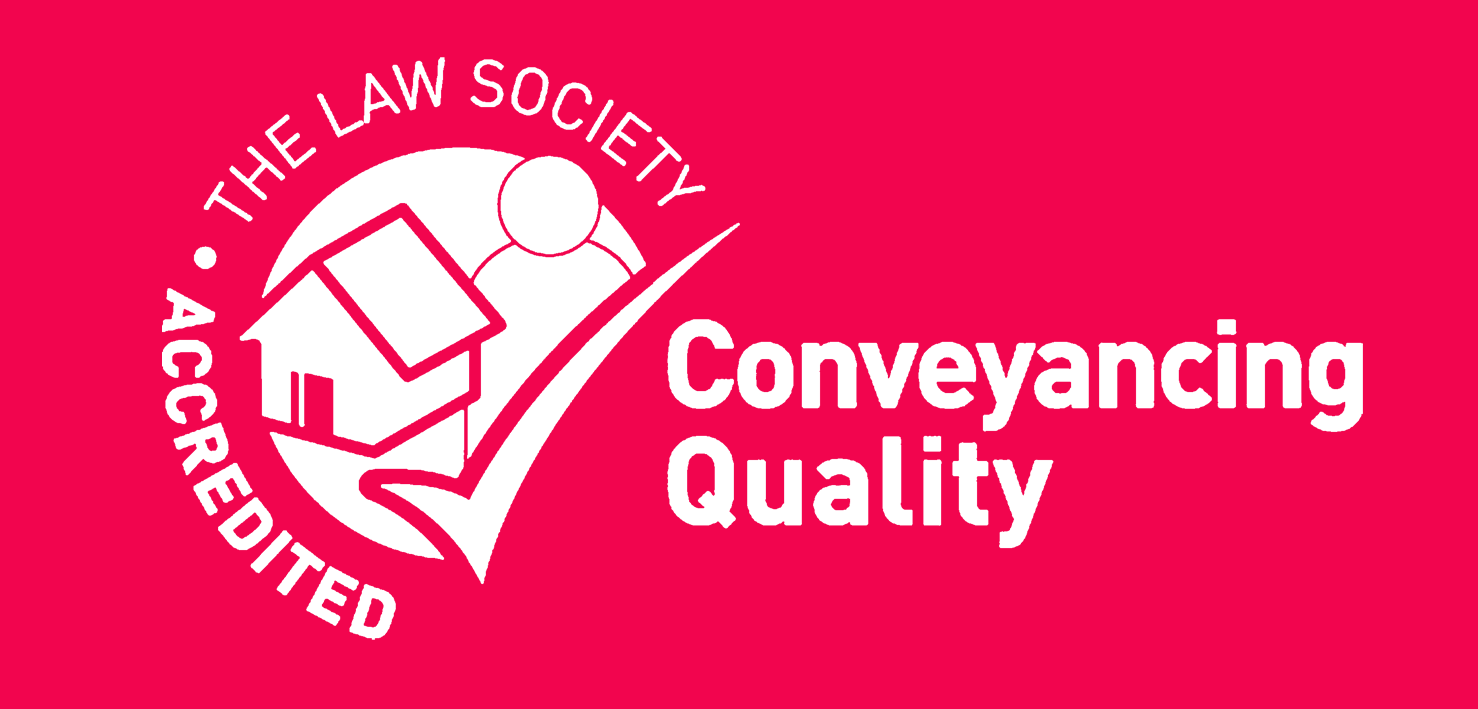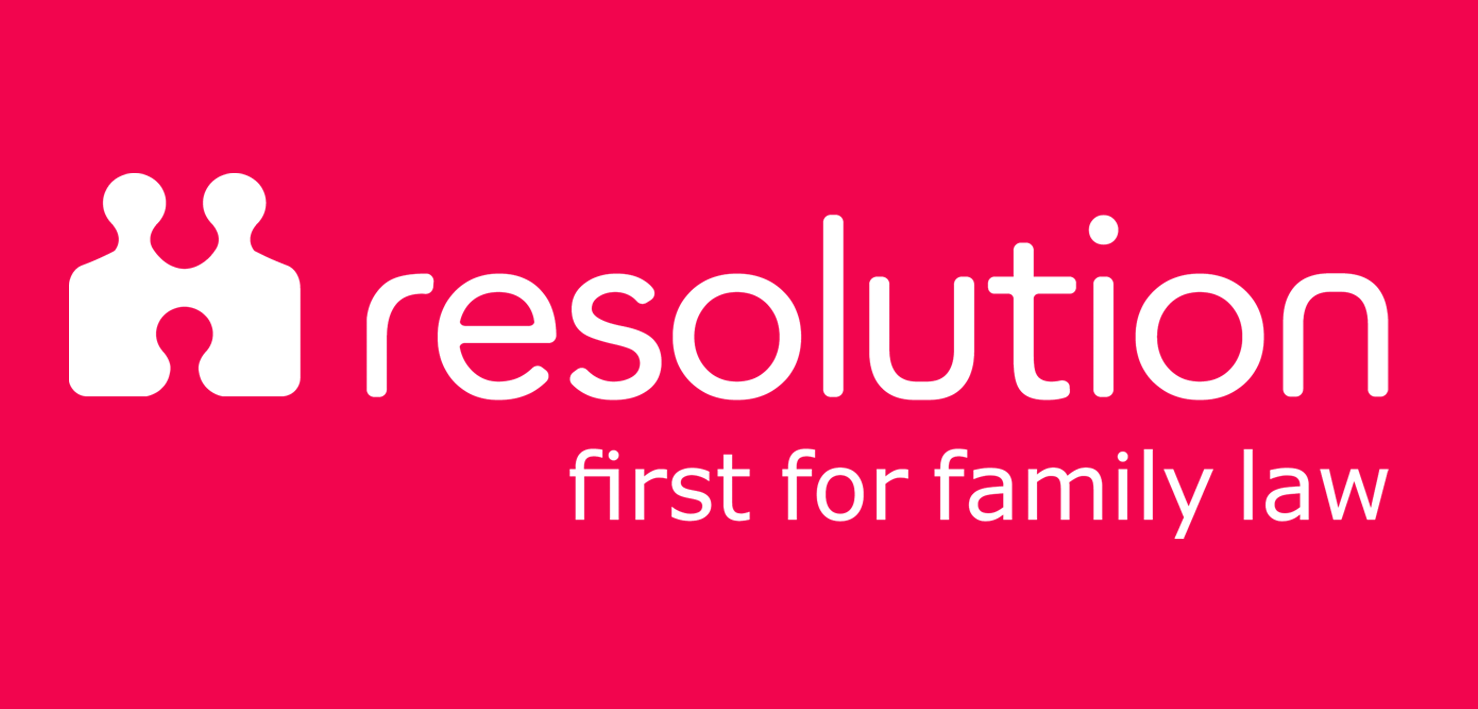If you transfer money or assets with the intention of making a gift, are you entitled to later change your mind? The High Court addressed that issue in a guideline case concerning a woman who had a change of heart after paying £42,000 into an estate agency’s client account for her boyfriend’s benefit.
The woman remitted the money to the agency with the intention that it be used to cover her boyfriend’s first year’s rent on a property. Within days, however, their volatile relationship came to an end and she changed her mind, asking the agency to return her money. The boyfriend responded that the money was a non-returnable gift. After the woman launched proceedings, the agency was directed to pay the money into court pending resolution of the dispute.
In ruling that the woman was entitled to her money back, a judge found that she had not made a free and unequivocal gift to her boyfriend. Her intention was that she could seek return of the money at any time before he signed a rental agreement. Although a gift was initially intended, it had not been perfected because the money had been paid into a client account in the woman’s name and she had given the agency no instructions as to the purpose for which it was to be used.
In dismissing the boyfriend’s appeal against that ruling, the Court noted that a gift of personal property involves a voluntary transfer of that property by a donor to, or for the benefit of, a donee, with the intention that the latter shall become the owner of the property. Whilst it is unnecessary for a donee to even be aware that a gift has been made, the donor must intend to make a gift.
There was nothing perverse in the judge’s conclusion that the gift was revocable, in that it was conditional on the boyfriend’s lease being finalised. Given that the agency had received the money from an unknown payer with no instructions, the judge was also right to find that the gift was incomplete. The agency had no authority from the woman to pay the money to a landlord, the boyfriend or anyone else and, had it done so, it would have been in breach of trust.
This case would never have needed to go to court had clear documentation been created at the outset to evidence the nature of the agreement. Contact us for advice if you are considering any significant transaction – even with loved ones.





